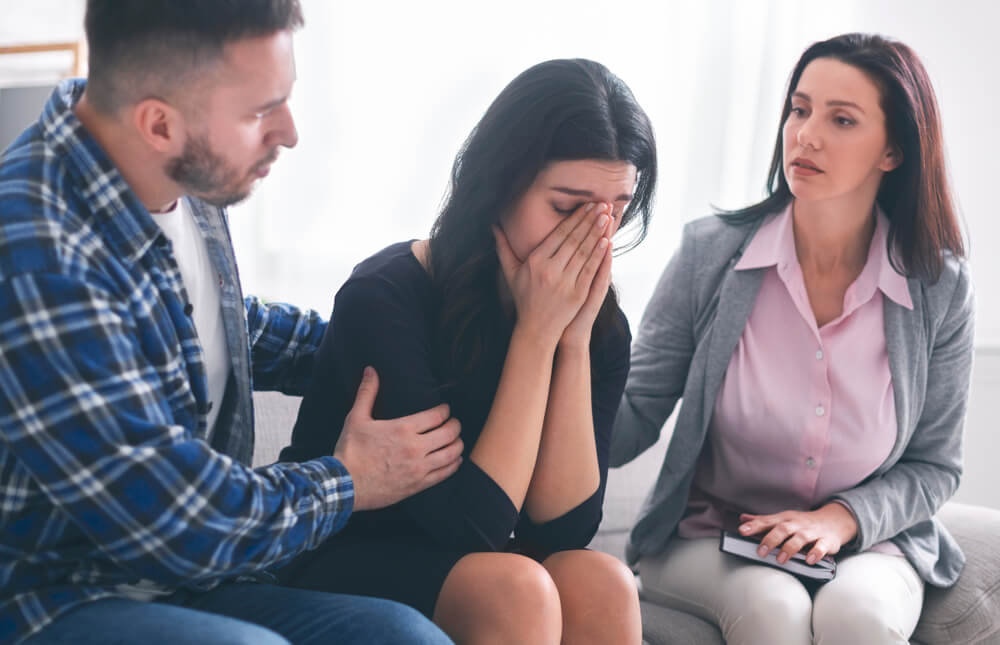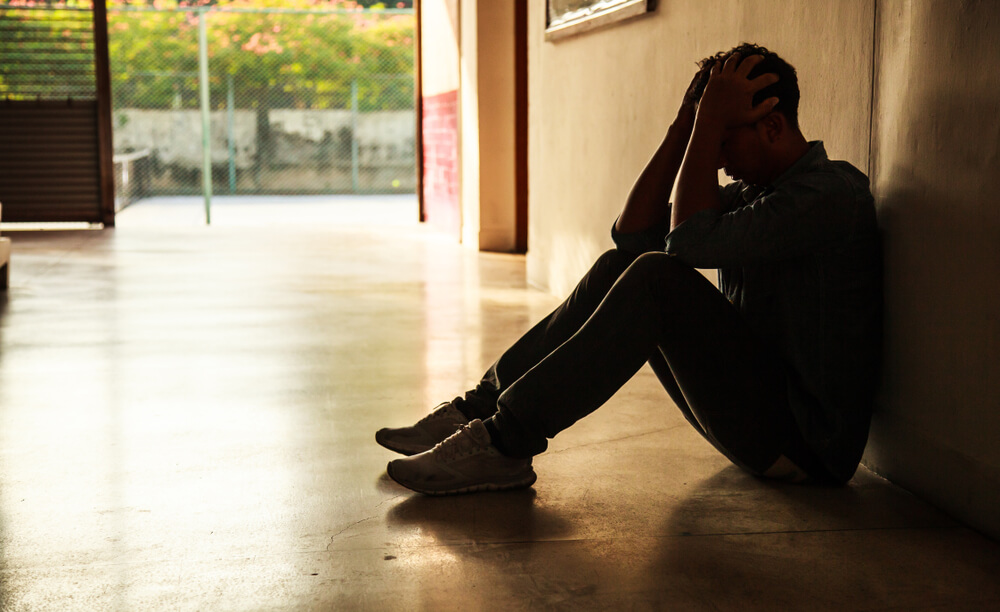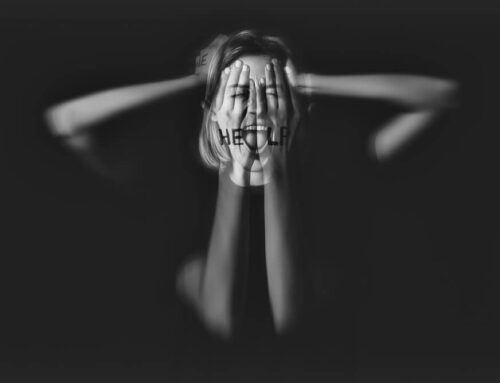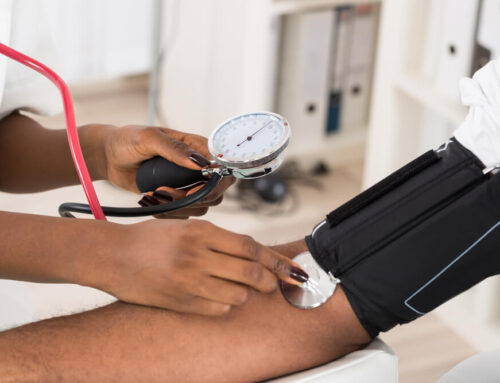Mental health issues affect millions of Americans every year. These issues mustn’t be ignored, or an even more severe psychological issue may appear, called a mental breakdown. Also called a nervous breakdown, this medical condition is defined as a period of extreme emotional or mental stress that makes it difficult or impossible to function in day-to-day life. This is a serious mental health emergency that requires immediate treatment from a medical professional.
Signs of a Mental Breakdown
A mental breakdown can present itself differently for everyone, and there is no singular cause for this mental health crisis. Symptoms are often dependent on the underlying problem that has triggered the mental breakdown. Because symptoms can be highly variable, this illness may be hard to diagnose and may even be misdiagnosed. That being said, most nervous breakdowns follow a certain pattern and can be identified if they feature one or more of the following symptoms:
- New or increased feelings of anxiety and depression
- Feeling hopeless
- Muscle tension
- Unexplained aches and pains
- A feeling of being overwhelmed or an excessive amount of emotional pressure
- Low self-esteem
- Frequently calling in sick or rescheduling appointments
- Mood swings
- Emotional and physical exhaustion
- Sleeping more or less than usual
- Increased irritability
- Shaking or trembling
- Decrease in hygiene
- Eating more or less than usual
- Withdrawing from social situations that you used to enjoy
- Lacking interest and motivation
- Loss of libido
- Feeling panicked in situations you would normally feel calm
- Experiencing changes in weight
- Increase consumption of alcohol or substance abuse in an attempt to self-medicate
- Gastrointestinal symptoms like diarrhea or vomiting
- Physical stress such as racing heartbeat, heart palpitations, and excessive sweating
- Thoughts of self-harm or suicide
- Uncontrollable crying
- Trouble concentrating
In some cases, the stress from a nervous breakdown can become so serious that it can trigger psychosis. This may involve paranoia, delusions, and visual or audible hallucinations. This form of illness is the most urgent and potentially harmful. When psychosis occurs, inpatient or outpatient treatment is almost always necessary.
Recognizing the signs is the first step in understanding how to deal with a mental breakdown. No one should try to battle a mental health crisis alone, so if you or a loved one is experiencing any of these symptoms, seeking mental health counseling may be the right option for you.
Treatment Options

A mental breakdown is not considered a mental health disorder. Often, people who struggle with this type of breakdown deal with an underlying mental health disorder that has gone untreated. The psychological crisis you experience is what happens when the metaphorical last straw breaks the camel’s back. If you’re experiencing a nervous breakdown, you might be diagnosed with an underlying condition such as an anxiety disorder, a stress disorder, or major depressive disorder.
You can learn how to recover from a mental breakdown from your healthcare provider. They will work with you to establish a treatment plan that will help prevent future psychological health problems. Your healthcare provider might recommend one or a combination of treatment options from the following categories:
Lifestyle Changes:
- Meditation
- Practicing mindfulness
- Spending time outdoors
- Adding exercise into your daily routine
- Reducing the number of your daily obligations
- Eating a healthy diet
- Taking frequent breaks when needed
- Avoiding tobacco and recreational drugs
- Reducing the intake of alcohol and caffeine
Medical Options:
- Cognitive-behavioral therapy
- Antidepressants or anti-anxiety medication
- Prescription sleep aids for periods of insomnia
- Getting treatment for underlying mental or physical conditions that are contributing to poor mental health
Severe mental breakdowns may require hospitalization for any length of time, especially if your doctor has concerns about you being a danger to yourself or others. Since each person who experiences a mental breakdown has different needs, your treatment plan should be unique. Talking to a good mental health professional is the right first step in getting the treatment you need.
Expected Recovery Time

If you are experiencing some of the symptoms above, you might be wondering how long a mental breakdown lasts. Unfortunately, because a mental breakdown itself isn’t a diagnosable condition, the recovery time can vary widely from person to person. Typically, recovery time will depend on the severity of the nervous breakdown, along with the severity of any underlying psychological or physical health problems that might be contributing to your psychological crisis.
A less severe breakdown might last only a few hours before you feel mentally stable enough to function in your day-to-day life. If this is the case, hospitalization will most likely not be required, and your treatment will consist of working with your doctor to manage your psychological health so that a mental breakdown doesn’t happen again.
A more severe or long-lasting mental breakdown may need hospitalization for stabilization and treatment. You might be hospitalized for several reasons, including suicidal talk, violence toward others, symptoms of psychosis, self-harm, or the complete loss of ability to function. The length of your hospital stay will last at least until your severe nervous breakdown is resolved, and it may continue for days or weeks after the episode ends if your doctor thinks you need medical supervision.
Whether you need a hospital stay or not, you will most likely need ongoing treatment for your underlying mental or physical health issue that caused your mental breakdown. If the cause of your episode is a mental health disorder such as depression or anxiety, you might need life-long treatment to manage your condition and give yourself the best long-term quality of life. In instances where your psychological health emergency is triggered by a severe period of stress, you may not require treatment beyond the stressful event ending. However, if the stressful event was traumatic for you, you may benefit from long-term therapy.
Mental breakdowns can be severe and cause long-lasting psychological effects if gone untreated. These episodes can be different for everyone who experiences them. For that reason, it’s essential to seek advice from a healthcare provider who can create a tailor-made treatment plan just for you.
Are you or a loved one showing signs of a mental breakdown? You must seek help as soon as possible to get proper treatment and start on the journey to getting your life back. Dr. Carreras is a compassionate and experienced physician who can help you get the help you need to recover from your mental breakdown. Make an appointment online or call Carreras Medical Center for more information today.







